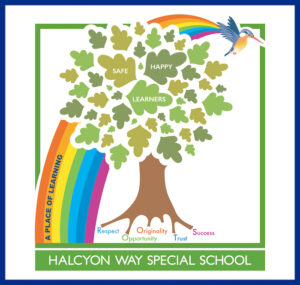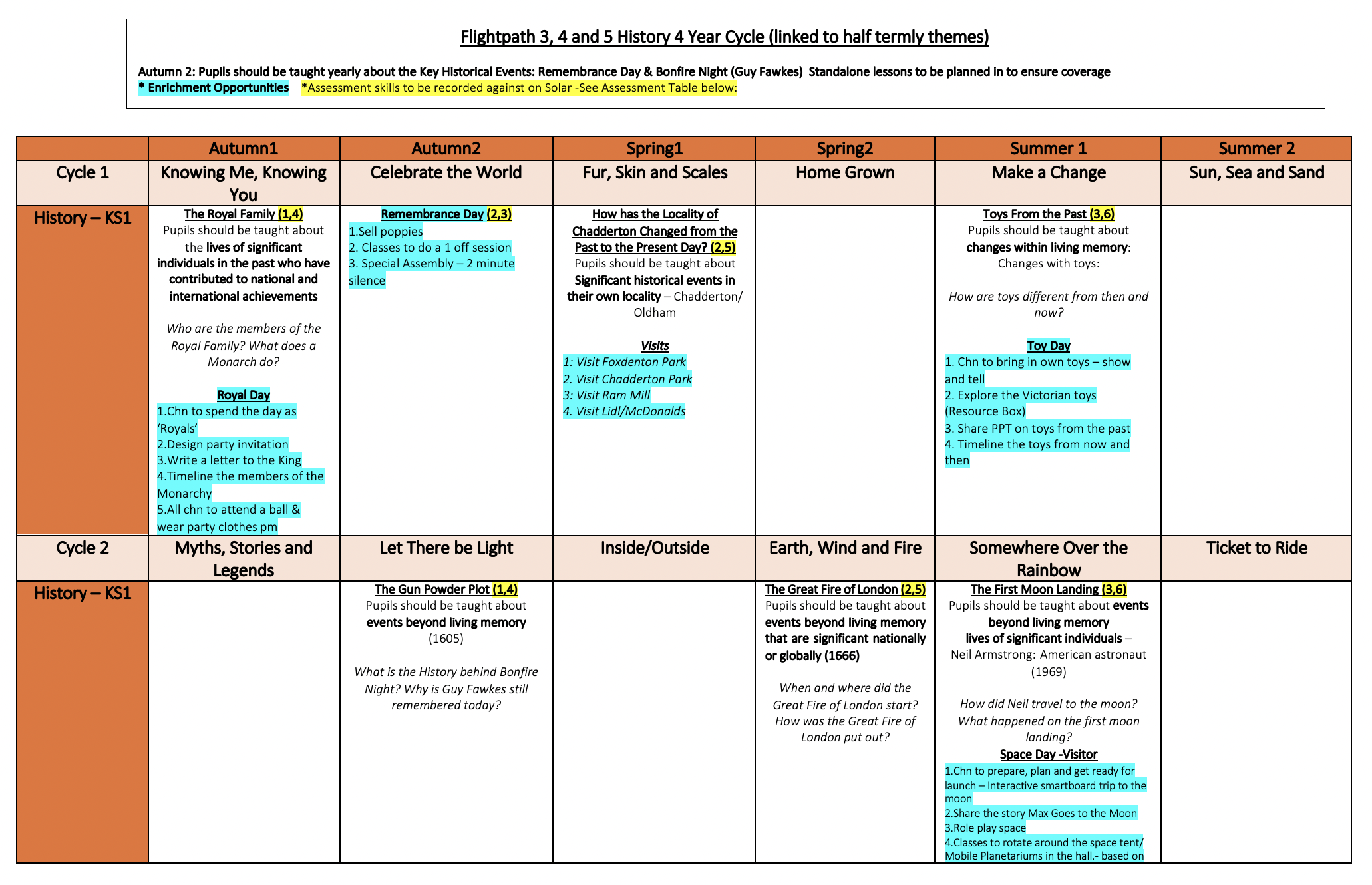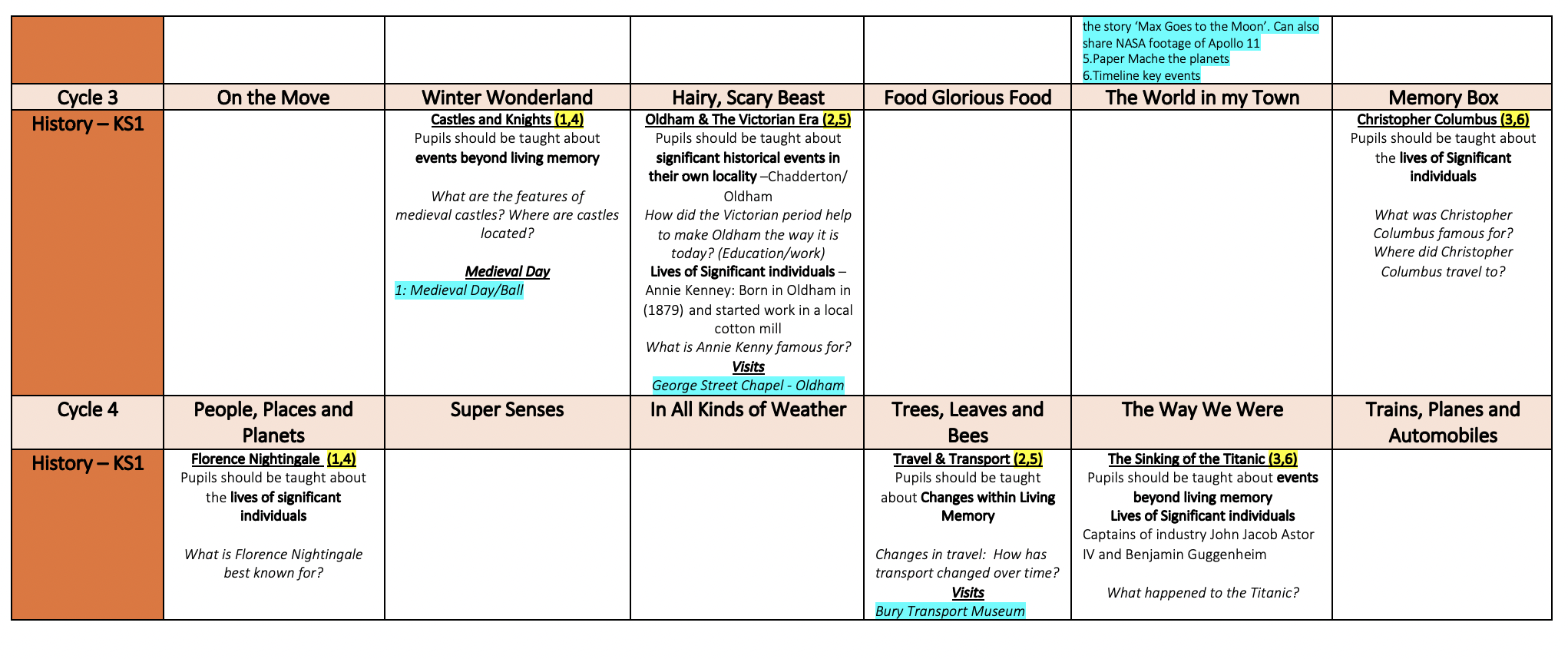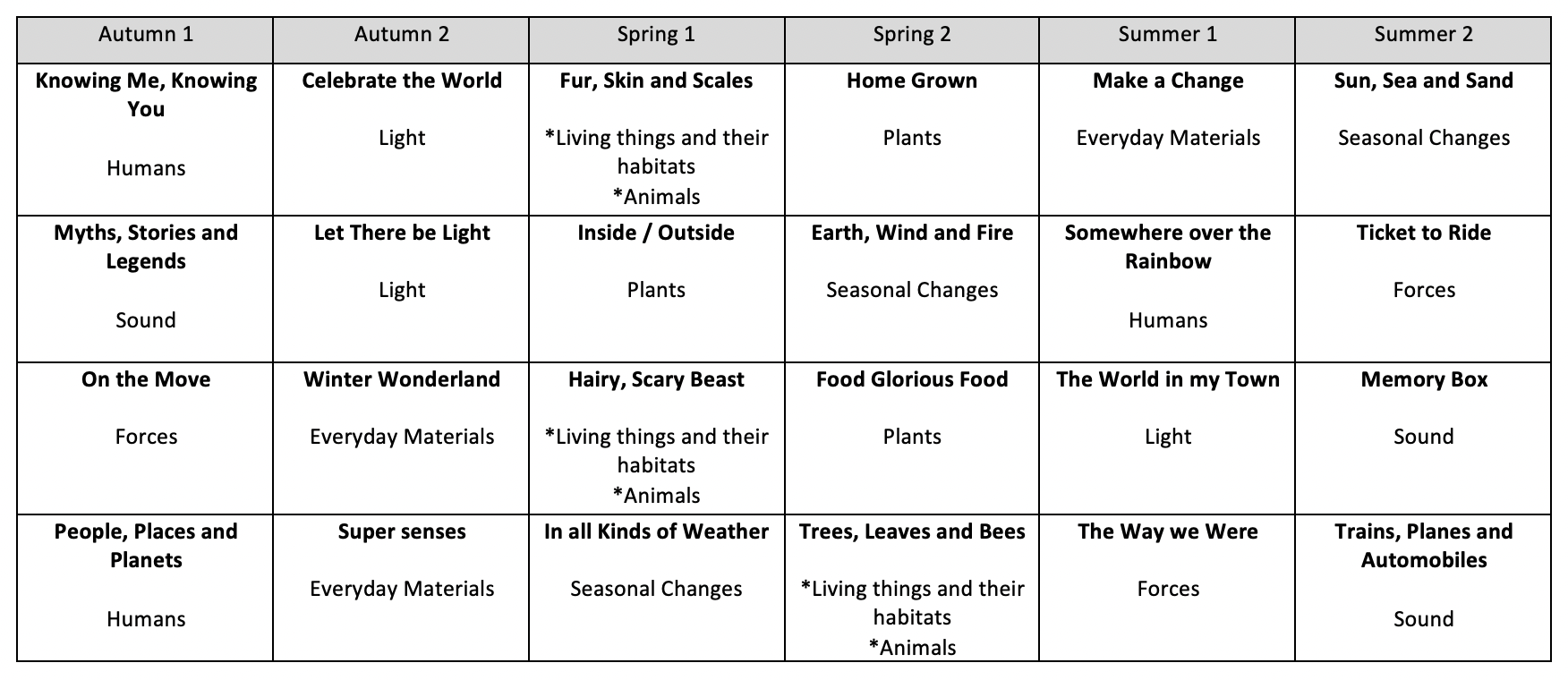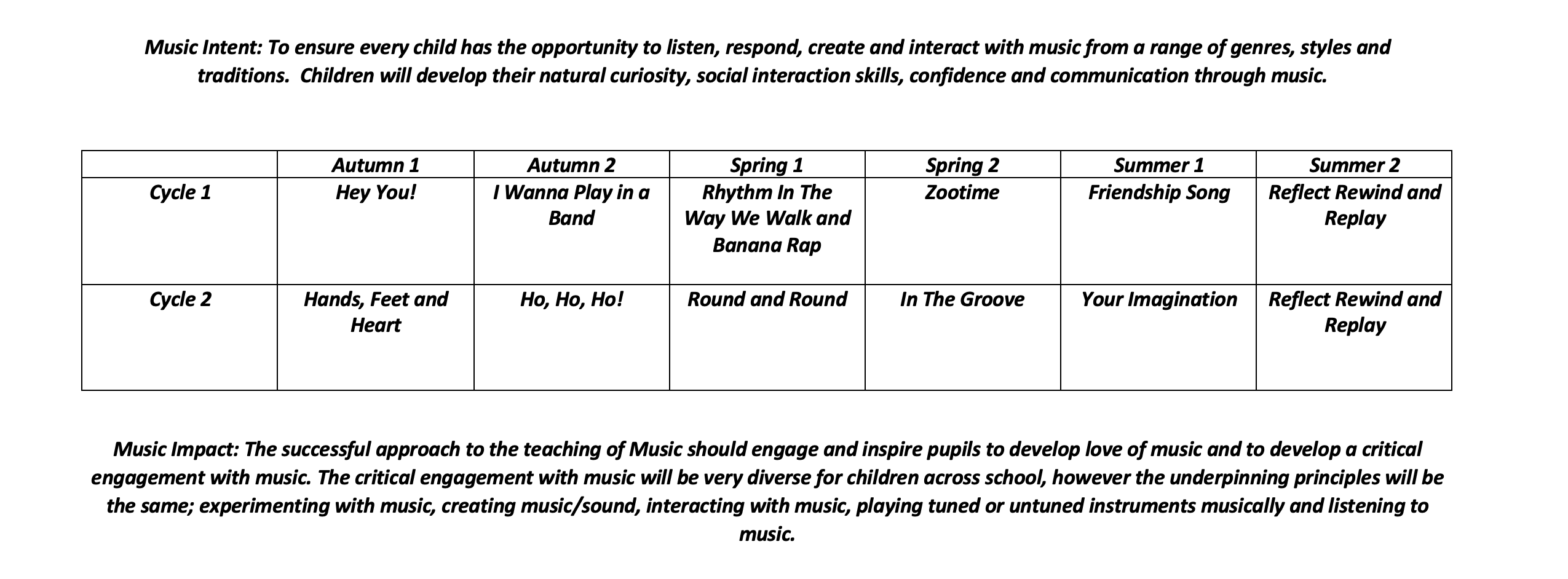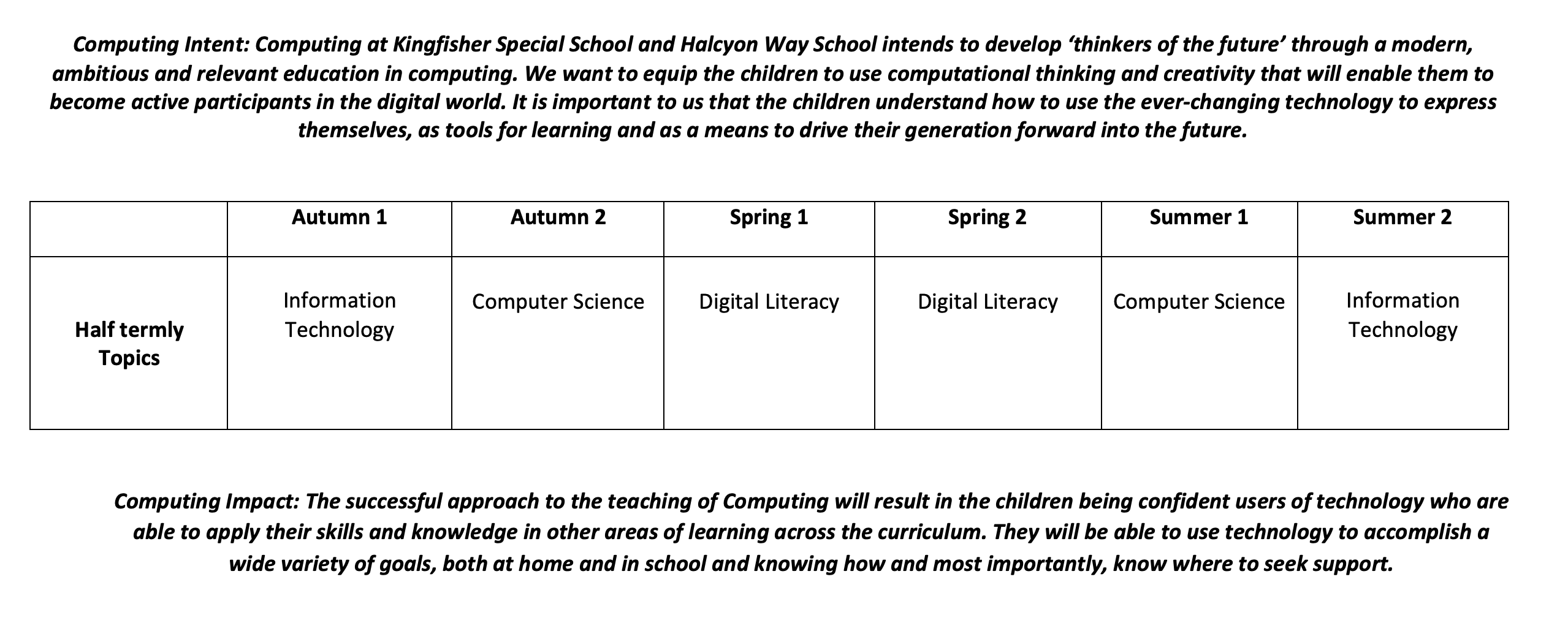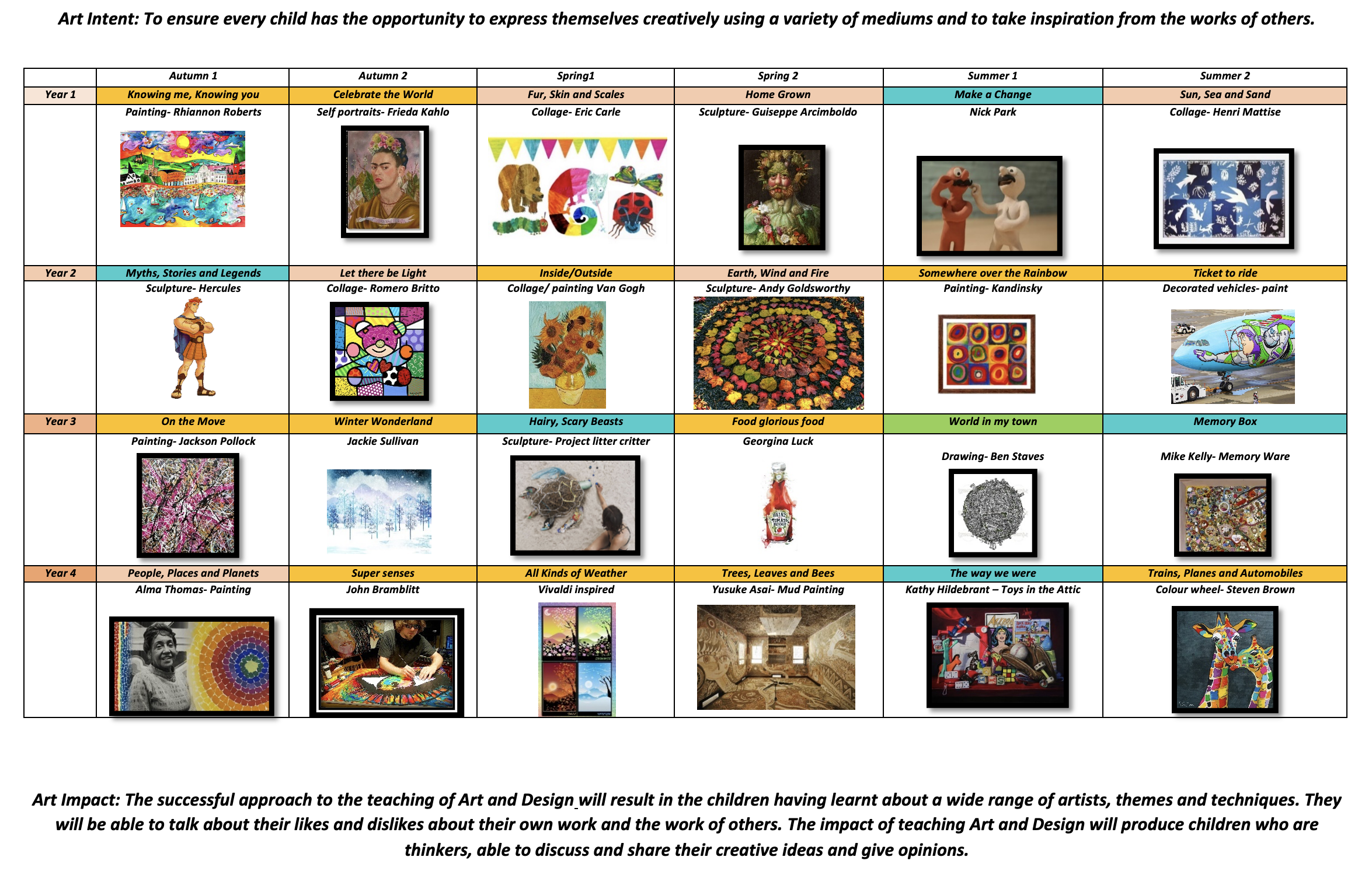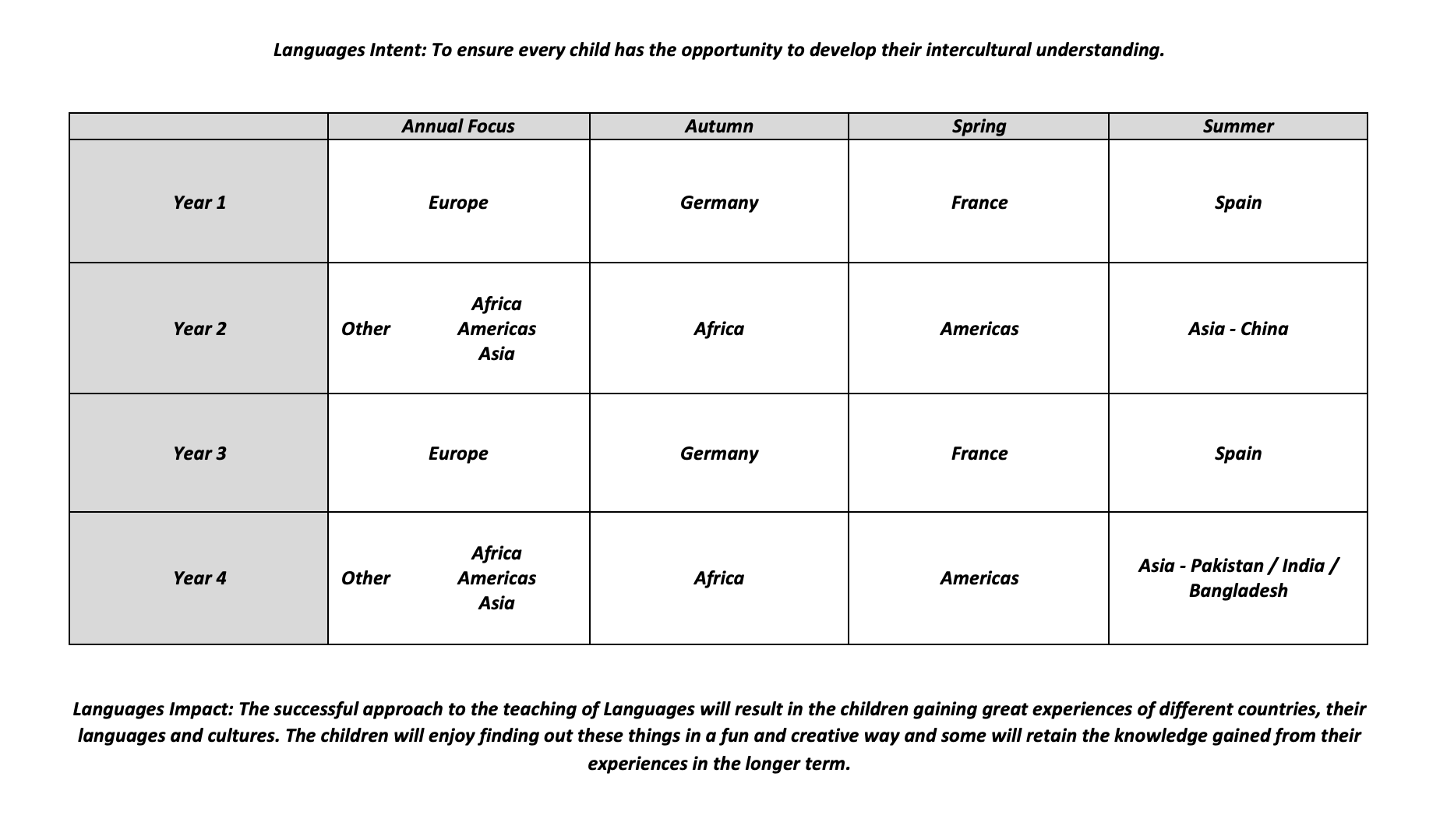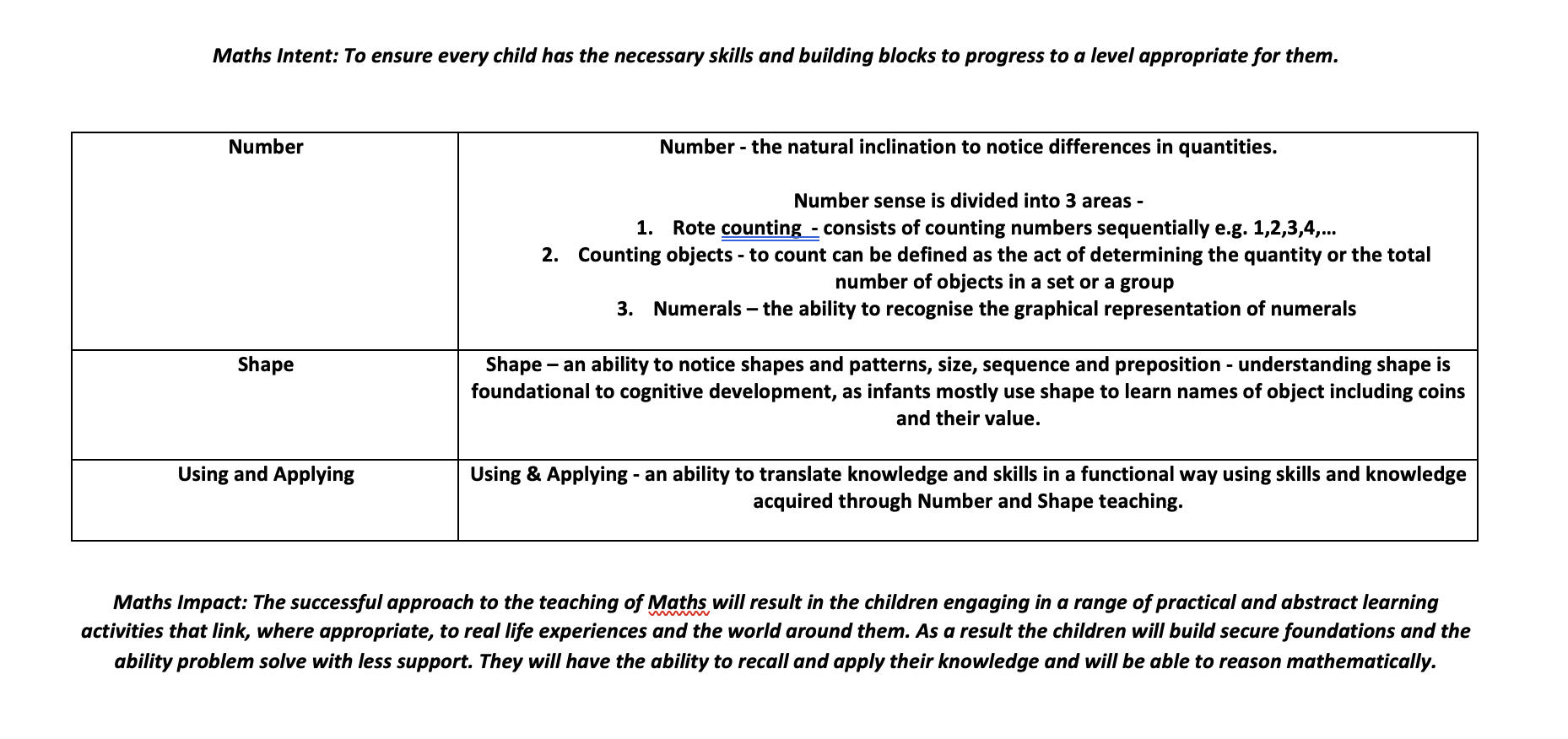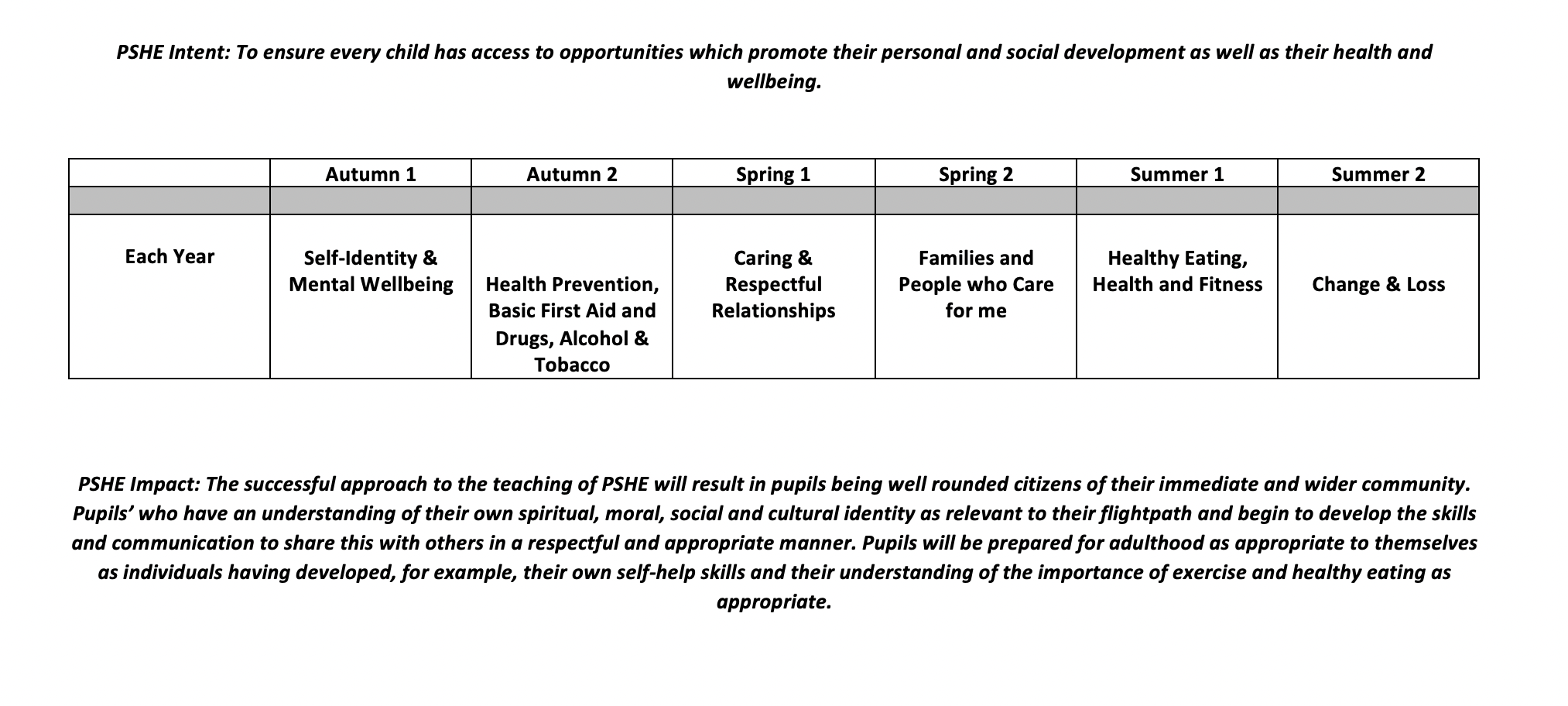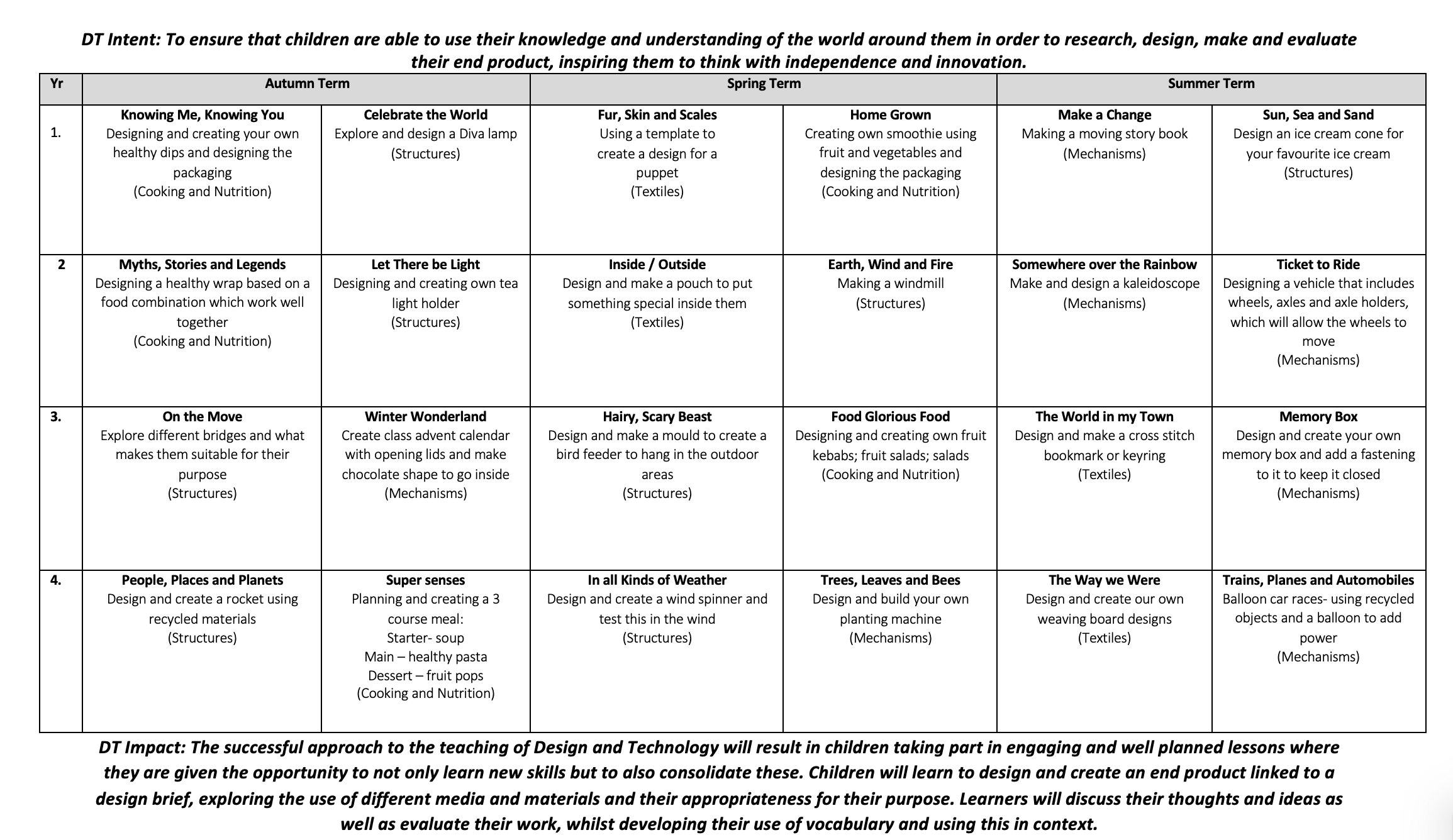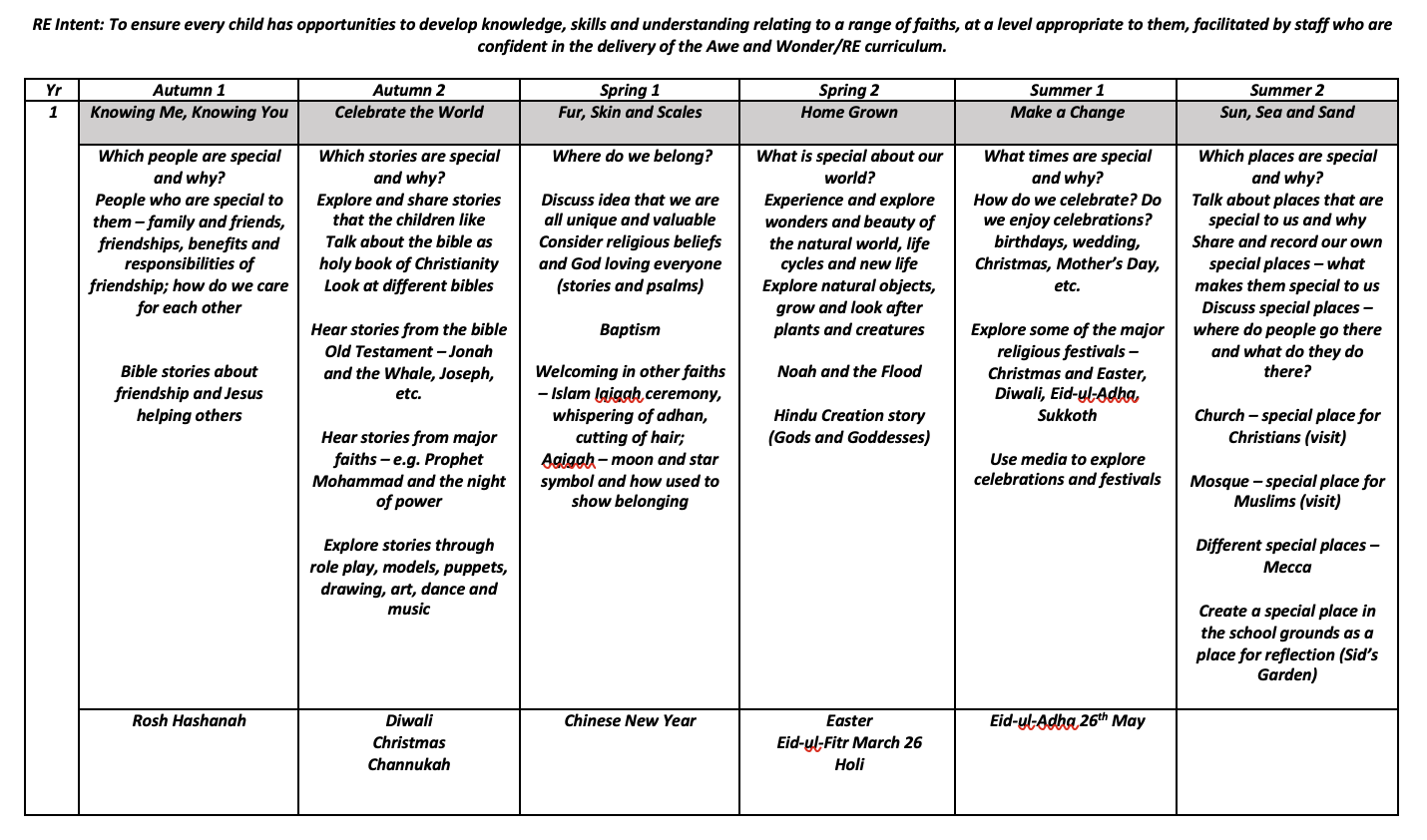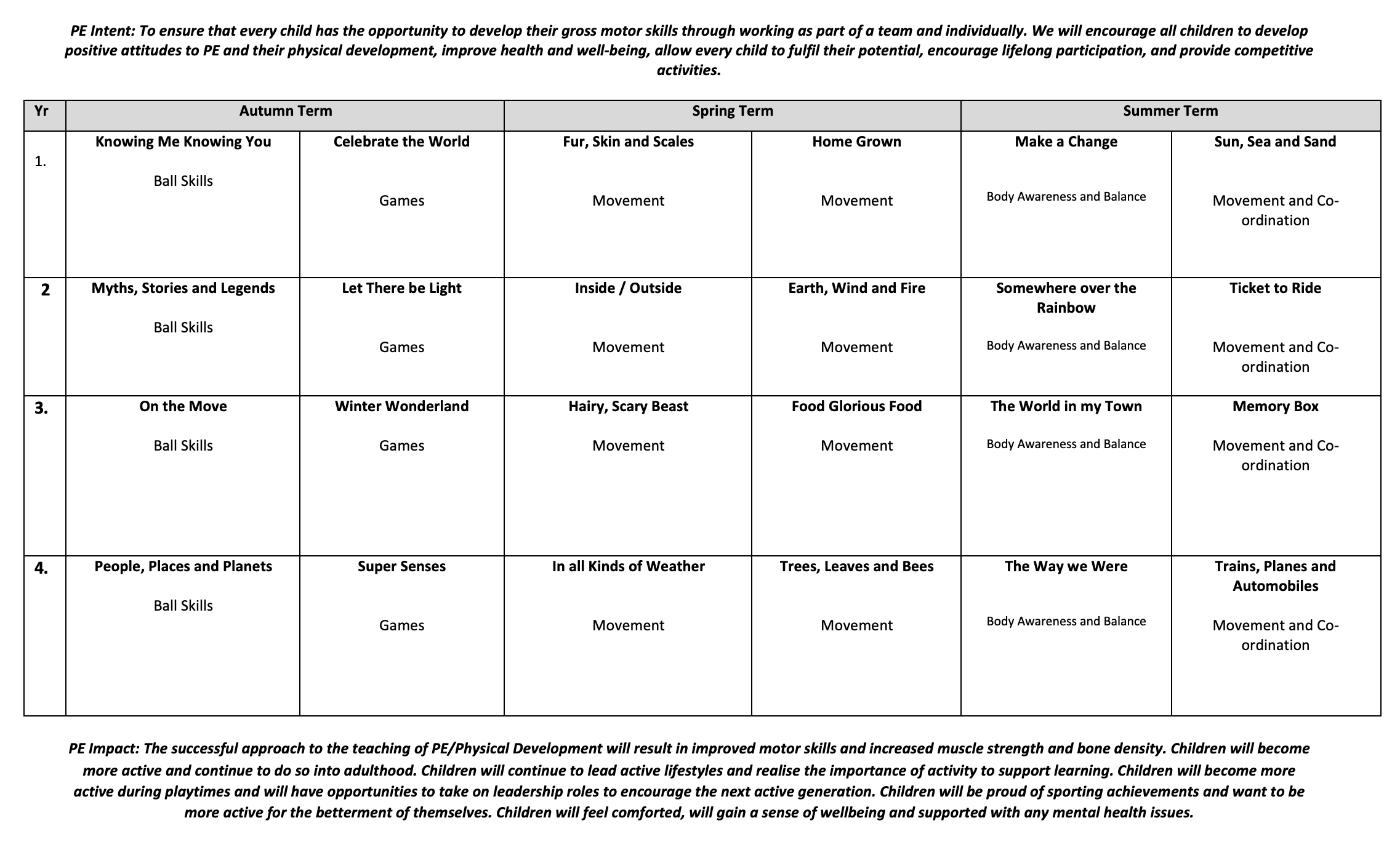Wellbeing
Halcyon Way School recognises that emotional health and mental wellbeing is everyone’s responsibility within the school and is therefore embedded within the culture and ethos of the whole school. A wealth of strategies and interventions are available to enhance all children’s social, emotional and mental wellbeing, as well as those children exposed to more severe or multiple risks. The ethos and environment supports the holistic development of the whole child through various approaches and provisions within safe and supportive surroundings, provided by staff who ensure that an empathic approach is utilised throughout. This incorporates a whole school Total Communication approach, as well as ensuring that all children’s basic needs are met to ensure that they are ‘Safe, Happy, Learners’. Enrichment activities include such things as Educational Visits, outdoor learning experiences as well as structured and unstructured playtimes which provide opportunities for movement breaks, peer interaction, social relationship development, and physical fitness. Access to a range of cultures, faiths and traditions are also provided to all children through Languages and Cultural Days, religious festivals and special visitors.
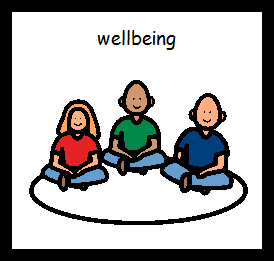
What does emotional health and mental wellbeing support look like at Halcyon Way?
The majority of the support available to all children is planned for as part of the curriculum and everyday classroom provision. This level of support focusses on primary prevention and aims to develop the social, emotional and mental wellbeing competencies of all children either individually or as a group. All such strategies are provided for by the class team according to each child’s individualised needs with input and support from other relevant school staff when and where necessary. More formal teaching of emotional health and mental wellbeing as well as resilience building will be delivered where appropriate as part of the PSHE curriculum. The class team will endeavour to work together with the family in order to share information that ensures the emotional health and mental wellbeing of the child is best supported.
Strategies of support at this level may include:
- Sensory breaks
- Intensive Interaction
- Soft Play
- JABADAO
- 1K a day
- Holistic Therapies
- Getting Ready for Learning
- Personal Care
- Assemblies
- SMILES
- SaLT/VI/HI/OT/Physio guidelines
- Anxiety Responses
Some children are more at risk than others of developing social, emotional or mental wellbeing difficulties. Whilst the needs of these children will remain embedded within the universal support available to all children across school; children who are displaying the early signs of emotional health or mental wellbeing difficulties may also require additional levels of support. For this group of children, staff may deliver specific 1:1 or small group strategies and/or interventions which support such children’s individualised needs.
Strategies of support at this level may include:
- 1:1 Holistic Therapies
- 1:1 Physical Fitness interventions
- Sensory profiling
- 1:1 SaLT interventions
- Group Play Therapy
Children exposed to more severe or multiple risks
A small proportion of children may continue to struggle with their emotional health and mental wellbeing despite the implementation of these additional interventions. Whilst these children may be relatively few in number, they are more likely to require the involvement of appropriately qualified professionals delivering evidenced based, therapeutic interventions in addition to the ongoing support strategies. These interventions provide support for children who may have more complex or enduring emotional health or mental wellbeing needs and/or who have experienced difficult life experiences such as bereavement, parental ill-health, family breakdown or moving into care. Interventions at this level may be delivered either by Sally Thornley, Play Therapist within school or through the involvement of external agencies such as a Clinical Psychologist, Educational Psychologist or the Children’s Learning Disability Nursing Team.
SMILES
Foresight’s Mental Capital and Wellbeing Project has drawn on state-of-the-art research from across the world to consider how to improve everyone’s mental capital and mental wellbeing throughout life. Evidence suggests that a small improvement in wellbeing can help to decrease some mental health problems and also help people to flourish. The Project commissioned the centre for well-being at NEF (the New Economics Foundation) to develop ‘five ways to wellbeing’: a set of evidence-based actions to improve personal wellbeing. These are:
The Good Childhood Report (The Children’s Society, 2013) suggested that the fifth way was not something easily accessible to younger children to achieve independently. They suggested that the fifth way for children should be . . . play! From this Anna Freud developed the framework of SMILERS which was then further developed into SMILES for the learners at Halcyon Way to access more easily.
The SMILES themes are split across the academic year as follows –
Autumn 1
S: slow down, rest and relax (Self-regulation/Self-awareness)
Autumn 2
M: make friends, get on together and play (Self-regulation/Social Skills)
Spring 1
I: interests, learn something new, be creative (Motivation/Social Skills)
Spring 2
L: look and listen, appreciate the world around you (Self-awareness/Empathy)
Summer 1
E: energise, get active, a healthy body creates a healthy mind (Motivation/Social Skills)
Summer 2
S: support, connect and give to others (Empathy/Social Skills)
Each of these themes are divided up evenly across the year. For example, in autumn 1 the theme for weeks 1 and 2 is make friends, the theme for weeks 3 and 4 is get on together and the theme for week 5 and 6 is play.
Assemblies
Assemblies are held twice a week. One on a Monday within classrooms and the other whole school on a Friday.
The Monday assembly is focused on launching the SMILES theme for the week. For classes who meet with others on a Monday this is a chance to share the focus. There is a PowerPoint presentation to support this assembly.
The Friday assembly is focused on celebrating achievements on the SMILES theme. With individual children receiving certificates for a particularly good achievement. A class each is chosen to present good work from that week.
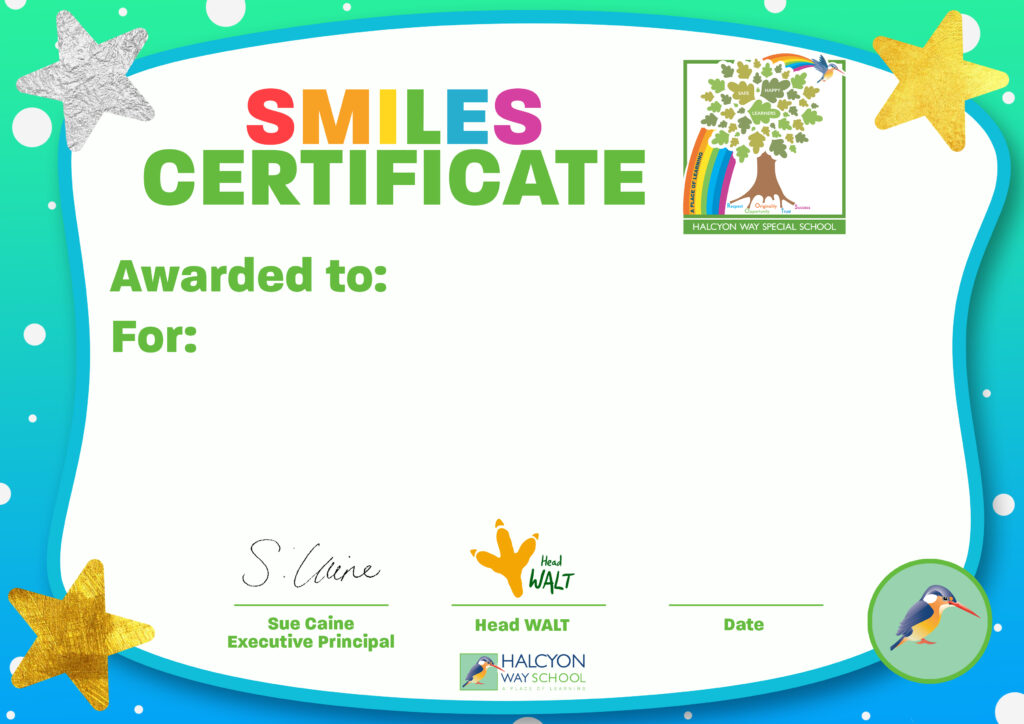
Personal Care
Personal care refers to the range of provision that the school and class put in place to support an individual child with their personal hygiene and toileting needs.
It is seen as the physical assistance and supervision necessary to help a child fulfil their functions in terms of:
- personal and social needs
- accessing the curriculum
Situations may include, for example:
- assisting pupils using the toilet
- lifting, hoisting or transferring children in a variety of situations
- basic physical care, including the application of creams and/or lotions including ‘prescribed’ treatments to an intimate area (should this be the case, normally a second member of staff should be in the vicinity)
Where it is needed, intimate care provided for pupils will be of the highest quality. Staff are provided with adequate and relevant training to enable this to happen.
Pupils are handled with care, confidence, respect and reassurance, with staff being mindful both of the pupils’ physical and emotional wellbeing, and acting with sensitivity, having the utmost regard for the pupil’s dignity and right for privacy, and with respect for confidentiality.
All staff at the school who carry out intimate care will have been subject to an enhanced Disclosure and Barring Service (DBS) with a barred list check before appointment, as well as other checks on their employment history.


